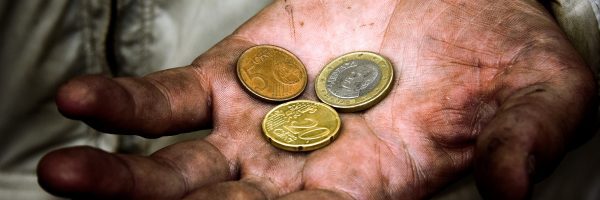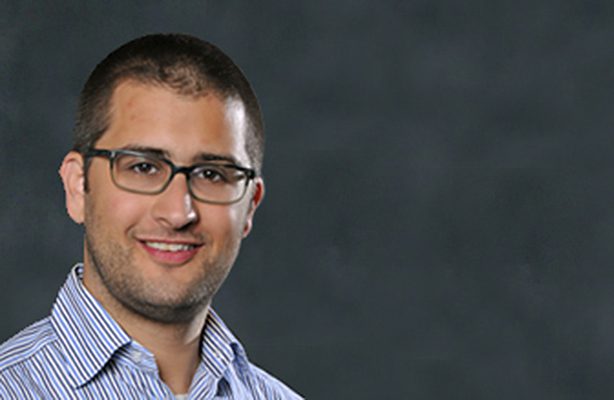Berkeley Charity Study Examines How We Often Dehumanize Those in Need

An often-seen angle of charity is that the recipient is down on their luck, destitute, and in need of outside assistance; but that imagery may play into a indirect dehumanization of those in need, and make things worse than before, writes Berkeley University Haas School of Business assistant professor Juliana Schroeder.
Schroeder, who’s research focuses on “judgment, decision-making, and interpersonal and intergroup processes,” criticizes the way in which charities like Sally Struthers’ Christian Children’s Fund portray its aid recipients as helpless victims may “unintentionally send a signal they have low mental capacity.”
“Charities want to motivate people to give more, but they may also make people think poor people don’t have the ability to take care of themselves. If you perceive of someone as having less mental capacity to think or feel, then you are subtly degrading and dehumanizing them,” she explains.
Schroeder, along with Northwestern’s Adam Waytz and University of Chicago’s Nicholas Epley, published a new study in the Journal of Experimental Psychology, which reveals “fundamental truths about how people think about giving and receiving aid.” The researchers found that not only do people act “more paternalistically towards those they believe have lower mental capacity,” but that they also “often believe they have more mental capacity than others.”
Schroeder explains, “When you think of a person having less self-control and willpower, you think they will make bad decisions and will be more likely to waste the aid. They don’t know what is good for themselves. People are pretty convinced they have a lot of willpower, while others don’t have the same level of self-control.”
The good news is that these perceptions are malleable. By questioning them, we can begin to “question how our perceptions of ourselves and others may affect the way we behave.”
Schroeder concludes, “When you dehumanize an individual or a group it can affect how you help them. People can be more cognizant about the ways they are thinking about their own mental capacity and that of others and pause to get more information before they start helping.”
Think Training Course at Kellogg Aims to Improve Corporate Decision Making

This article was originally sourced from the article “When Two Rights Make a Wrong,” which appeared on Kellogg’s News & Events page.
Adam Waytz, an assistant professor of management and organizations at the Kellogg School of Management, recently partnered with online knowledge forum Big Think to sharpen the ethical behavior of business leaders.
The seven-module course titled Ethics in Action includes a series of scenarios, videos and quizzes on topics like “Loyalty vs. Fairness,” “Professional Duty vs. Personal Ethics,” “Speaking Truth to Power” and “Profit Maximization vs. Social Responsibility.”
“Given that many businesses at the turn of the 21st century have been viewed as undergoing ethical failures, the topic is timely,” Waytz said. “And given the nature of how quickly information moves, details about one’s reputation are now more public — and easier to access — than ever before.”
For businesses increasingly reliant on global collaboration, the establishment of trust is vitally important.
“This trust can only be ensured through displays of ethical behavior,” Waytz says. But how does that trust bridge cultural differences? Ethics in Action devotes a module to that topic as well. Continue reading…
